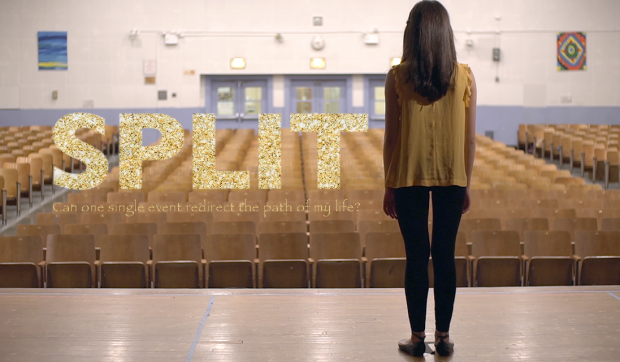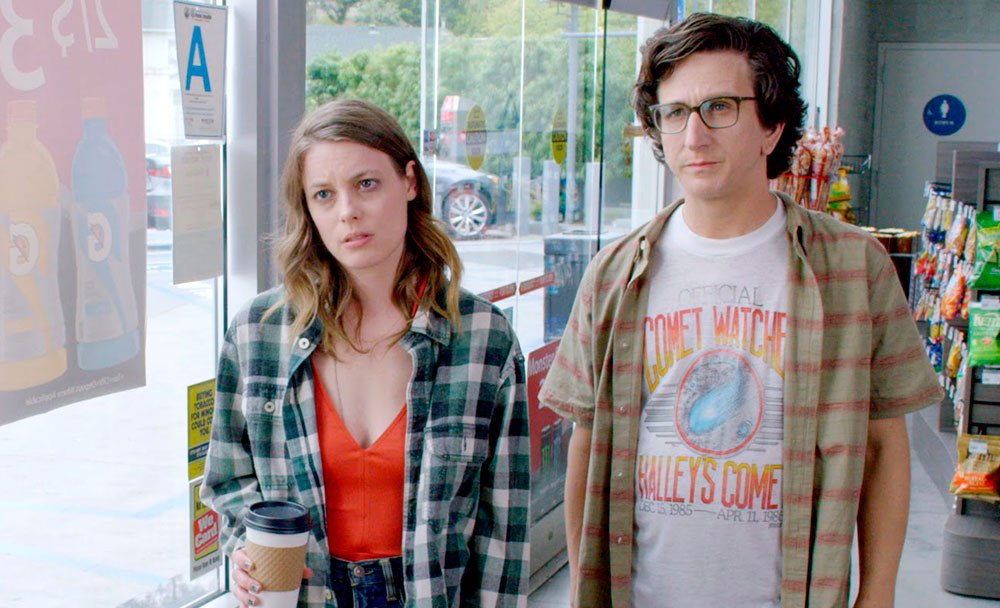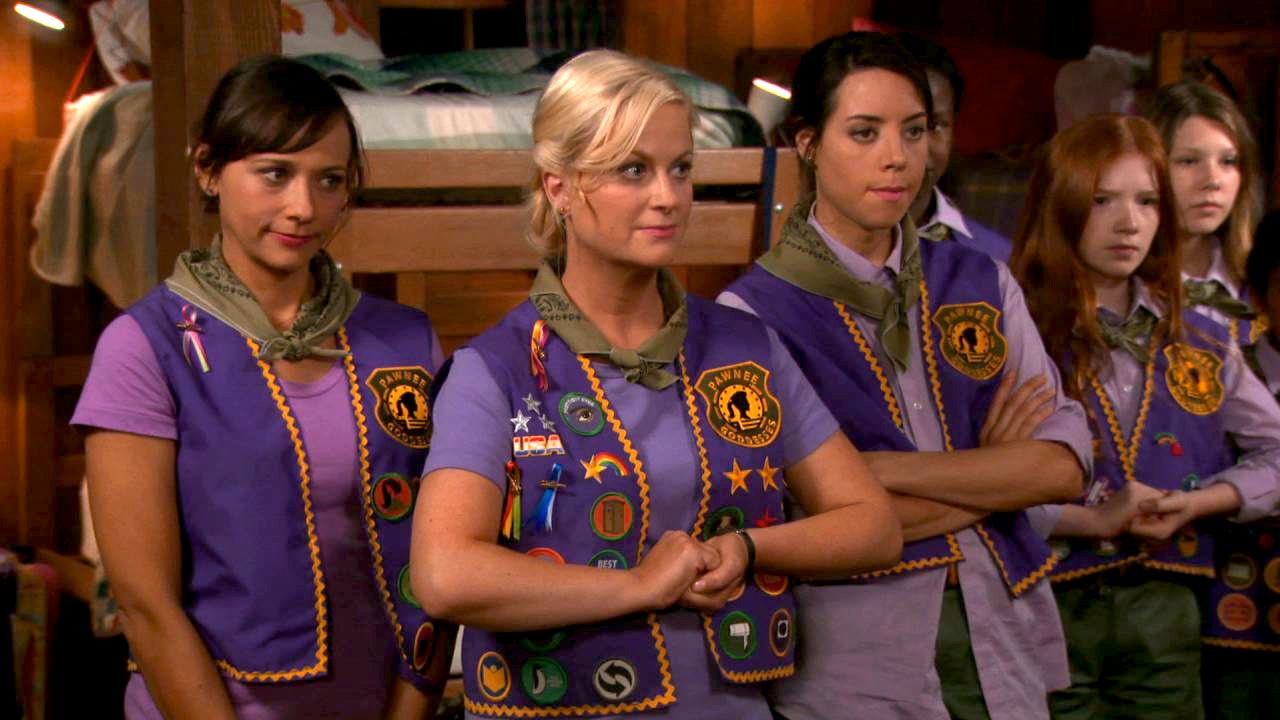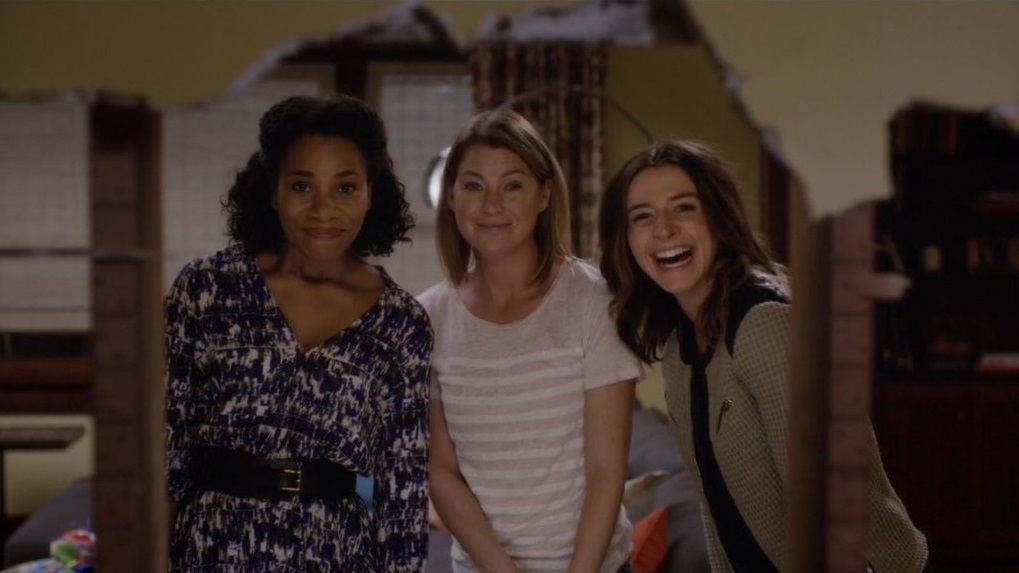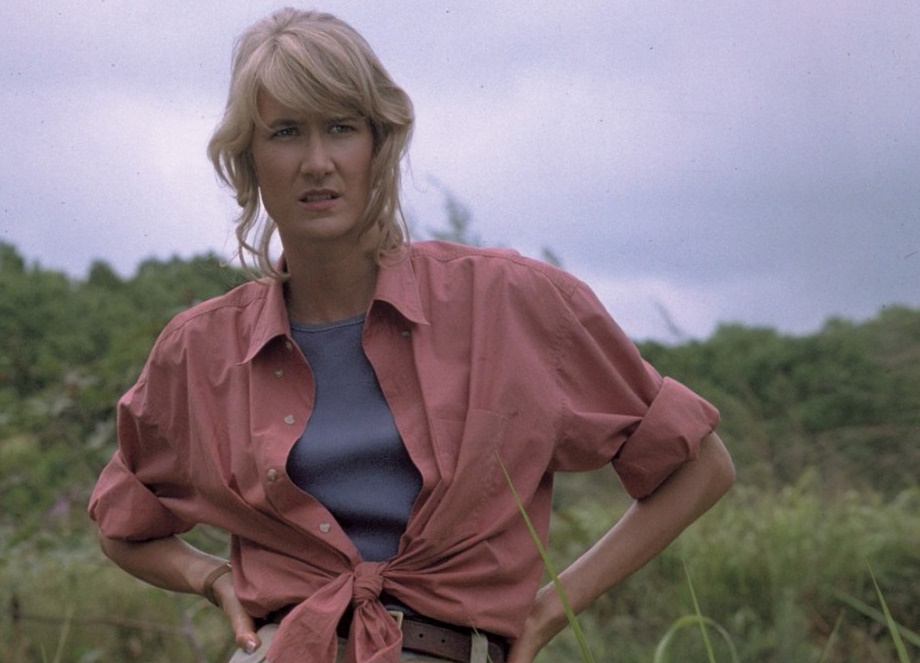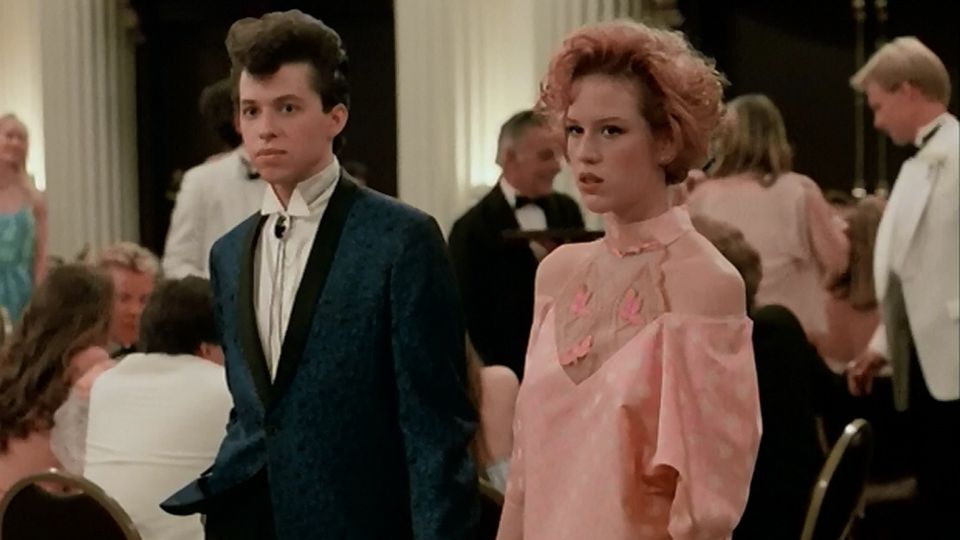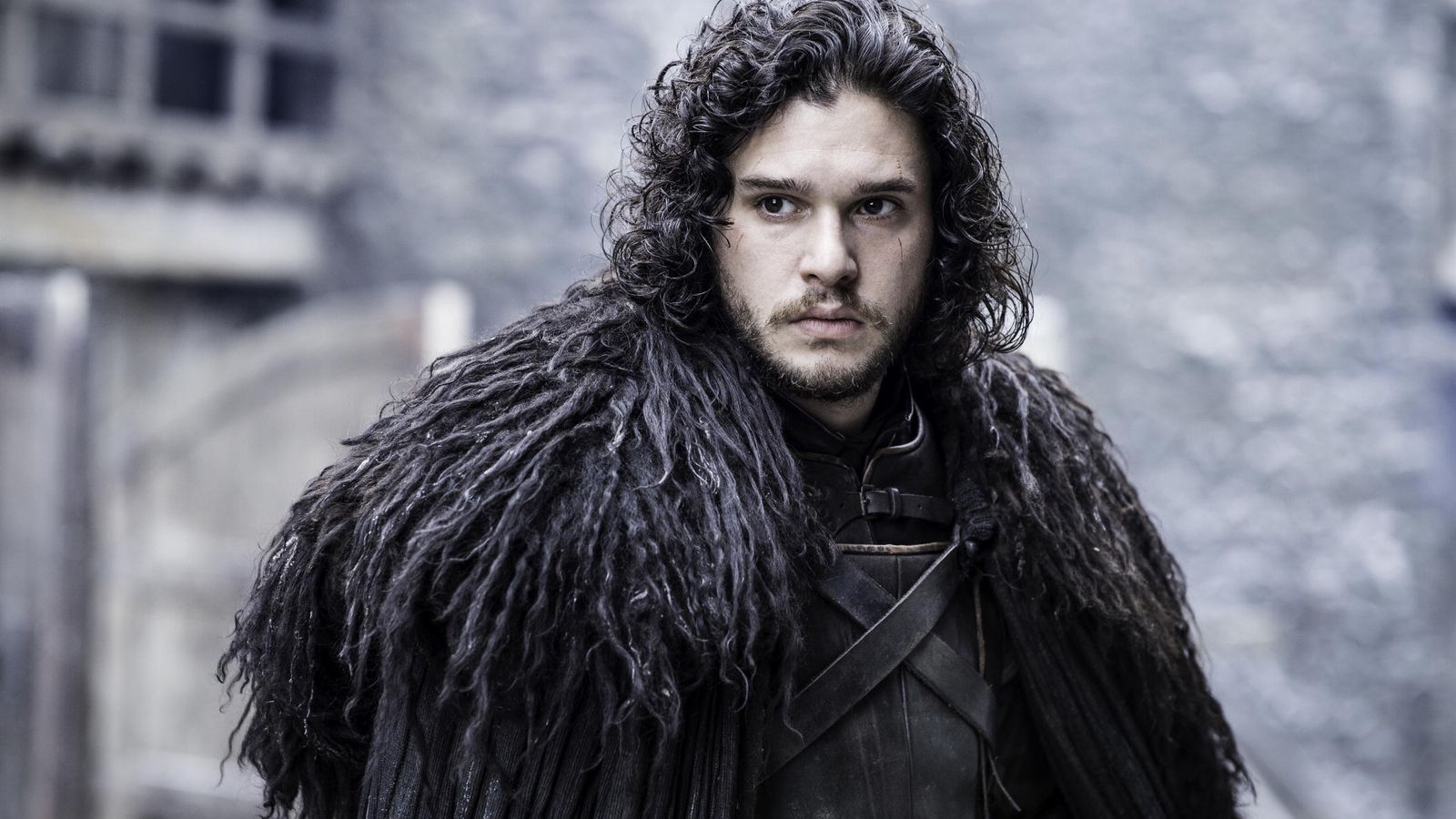
This guest post written by Siobhan Denton appears as part of our theme week on Sisterhood.
Sister relationships are, largely, ones that are developed early on in life. Relationships typically first generated in infancy, sisters’ interactions and feelings towards each other develop and change over time as events and transitions are experienced together. Through this, there is a huge wealth of nostalgia that can be drawn upon, further cultivating the closeness of the relationship.
For Grey’s Anatomy‘s Meredith Grey (Ellen Pompeo), growing up as an only child, despite the existence of two half-sisters, has meant that any childhood memories, any experiences relating to her upbringing, belong solely to her. How then do the dynamics of her sibling relationships change when there is no long shared history to draw upon? No moment of growing up together? Arguably, this lack of collective ruminations means that her relationships with Maggie (Kelly McCreary), her half-sister, and Amelia (Caterina Scorsone), her sister-in-law, are both simultaneously weakened and intensified.
Much discussion has focused on Meredith’s relationships with women, and while her relationship with Cristina Yang (Sandra Oh) has rightly been praised for its complexity and development, her relationship with other women has often been more questionable. Meredith readily admits that she is “dark and twisty” and as such, seemingly has issues in forming close relationships with others. She often feels forced to act defensively, and will distance herself from others when she feels it is necessary. Even Alex Karev (Justin Chambers) was not exempt from this forced separation when, after Derek Shepherd (Patrick Dempsey) dies, Meredith takes it upon herself to leave Seattle for a year with no warning or contact. Similarly, despite her ardent love for Derek, she readily admits to him that she can manage without him, and that she doesn’t need him. Meredith’s relationships with others are certainly complicated, and there is a clear sense that, regardless of any relationships formed, she ultimately feels that it is often essential to rely only upon herself.

Meredith is completely in control, even when it comes to her romantic feelings towards her husband, stating that she chooses to be with him and rather than not being able to exist without him, she simply doesn’t want to. It is this concept of choice that, for Meredith, is so important in forming relationships, particularly with Maggie and Amelia.
Meredith doesn’t feel obligated to form relationships with Maggie and Amelia due to her sibling connections with them. She doesn’t deem it necessary to acquaint herself with Maggie simply because they share a mother, nor does she try to force a friendly relationship between herself and Amelia simply because she’s the sister of the man she loves. This means then, that when these close relationships are formed, they are all the more powerful. They are formed through choice, not responsibility.
Take for example, the moment in which Meredith realizes that Maggie is her half-sister. Maggie is clearly hoping for a positive emotional reaction from Meredith; this is a moment that she has been building towards for a year, and she is hoping to reconnect with an element of her past that she has only recently discovered. Meredith, initially, reacts almost aggressively. Not knowing about Maggie’s existence she sees this admission as an attempt to intrude. For Meredith, her sense of self is absolute, and to question her memory of her mother and her own childhood is too much. Emotionally too, she is not initially ready for another sister after experiencing the loss of Lexie (Chyler Leigh), her other half-sister. Meredith is aware of the bond that can be created once she opens herself up to accepting a sibling and does not want to necessarily experience the pain that can incur again.

Contrast this initial reaction to her interactions with Maggie, once she has decided to accept her as a sister. Meredith readily opens up to Maggie, and despite trying to mask it with her macabre humor, she is talking about an issue that clearly resonates and has had a huge emotional impact upon her. Meredith, who left Seattle after her husband’s death and purposely siphoned herself away, allows Maggie to see her as vulnerable. While ostensibly Maggie’s character was arguably introduced to serve as an emotional foil for Meredith after Cristina’s departure, Maggie is not simply a replacement. Meredith’s relationships with both Cristina and Maggie are unique from one another, with each character serving a different purpose.
While Meredith’s relationship with Maggie has been largely positive, her relationship with Amelia has often been fraught. Meredith readily admits that she finds Amelia annoying, and struggles with her attitude. Through her connection with Meredith, Amelia expects to be treated as a sister in the more traditional sense, struggling with Meredith’s careful selection of those who she is close to. Amelia, at least initially, doesn’t understand that her relationship with Meredith does not come automatically. She feels that Meredith should be there for her and ensure that she informs her about important issues (such as Derek’s death) purely because of their status as sisters-in-law. Again, for any relationship to take place, Meredith has to make a conscious choice. She will not allow herself to feel forced or compelled, and she understands that the closest and most meaningful relationships develop organically.
Meredith’s struggle with Amelia largely stems from her devastation over Derek’s death. It is not until Dr. Webber (J. August Richards), a father figure for Meredith, reminds Meredith of the fact that she does not need to feel duty-bound to love, or even like Amelia, that she can finally allow herself to choose how she views Amelia. Importantly, Webber remains a father-like figure for Meredith, a role that Meredith has once again allowed, exhibiting her determination to select her family.
Notably, Meredith, Maggie, and Amelia are all strong, independent women. Each one a head of a medical department, they are intelligent and ambitious. Each woman has selected one another for their family. Take the scene in which the three help Meredith’s children prepare for the day ahead.
[youtube_sc url=”https://www.youtube.com/watch?v=BAekRR89Q1Q”]
Each is in sync with one another, and clearly complement each other. They are all devoted to Meredith’s children, but are still characters in their own right. This scene is notable too for the inclusion of Meredith’s advice to her daughter, Zola, in which she tells her to never date a man “who can’t handle your power.” This moment, in which all three women are looking after a child, could have easily been seen as largely maternal and traditionally domestic. Meredith’s advice reinforces the power that these three women have, along with their right to control who they engage with.
Despite this, Meredith’s connection with Amelia takes long to come to fruition, and it is only once Meredith recognizes that Amelia’s attributes are similar to her own that she is able to reconcile her issues. She explicitly states to Amelia that she is her “family” and as such, will help her in any way that she needs. It is interesting that once again, Meredith reinforces this concept of choice. She does not tell Amelia what to do, instead declaring to her that she will fulfill any role required of her. Amelia needs this choice, and Meredith recognizes that, as an adult woman, Amelia should not be told what to do. She needs to own her own decision, exactly as Meredith has done for so long.
Arguably, this fractious relationship is more emotionally genuine than the typical representations of siblings on-screen. Sibling relationships are often tumultuous in reality, but are not always depicted like that in film or television. Too often, the sister or sisters become a quasi-mother figure, replacing an absent or non-existent mother. These three women have all grown up independent from one another and, as such, do not require one another to fulfill such a role. Instead, they are able to perceive one another as equals as they have to one another as adults. Unlike sibling relationships that have formed in childhood, in which one sibling may undertake a more dominant role, all three are entirely their own person.
See also at Bitch Flicks: Meredith Grey’s Woman Problem
Siobhan Denton is a teacher and writer living in Wales, UK. She holds a BA in English and an MA in Film and Television Studies. She is especially interested in depictions of female desire and transitions from youth to adulthood. She tweets at @siobhan_denton and writes at The Blue and the Dim.
